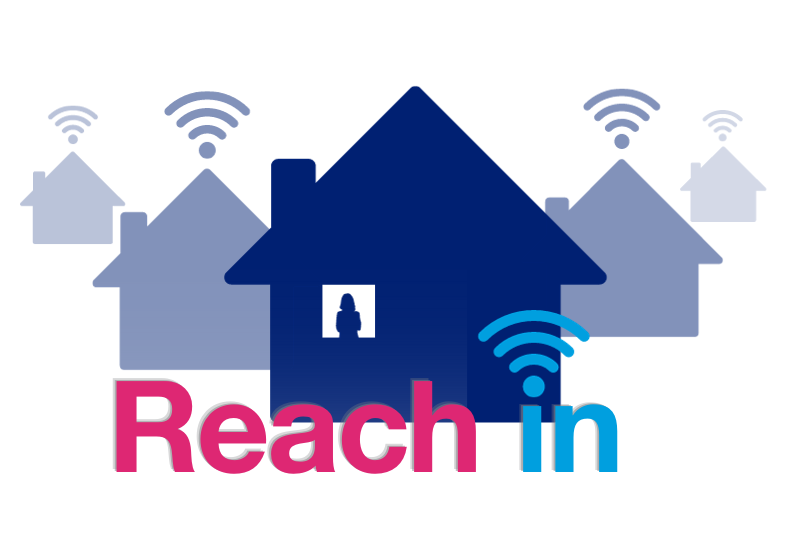If you’re not in immediate danger
Remember, you know your own situation best so only take on advice that feels safe and relevant to you. It’s important to think about things that may change or make you more unsafe. And to think about how you might get help if you need it in an emergency situation.
You may have a professional such as an Idva, Idaa or social worker that can help or another person you trust. You can also access help and support from the helplines below.
Safety planning
Do you have a personalised safety plan – and if so, is it up to date?
If you need to make updates to your safety plan, could an Idva/Idaa or specialist domestic abuse worker help you do this? Or are there other professionals you trust and can talk to?
Remember, it is ok to tell your specialist worker that the person harming you is living in the property, they won’t judge you and can better help you to think about your safety.
Speak to your employer
Your employer has a duty of care towards you. Can you talk to your manager or HR department about what is happening and how it is impacting you?
Other steps you can take
- Think about places of safety
Have you talked to your Idva/Idaa through the layout of your house so you can think about any places of safety?
If you had to leave in an emergency do you know where you would go?
- Have a bag packed and ready
If you can, leave this at a trusted friend/family/neighbour’s home. This should contain medical essentials, important documents including passports/driving license. Maybe the service you are in touch with could keep copies of these documents. Have a little bit of money hidden away in case you need this to leave.
- Agree a codeword/sign to signal you’re in danger
Set this up for family and friends to let them know by text/voice note/video call. The code will need to alert them to contact the police if you are in danger. Teach the code to children who are old enough to understand what you are asking of them and why.
- Use a separate mobile
Do you need a separate mobile which you can use just to call for help? The service you are in touch with may be able to supply this.
- Find the best times for contact
If there are times you know you can talk, share this with your specialist worker and agree how you will reach each other.



